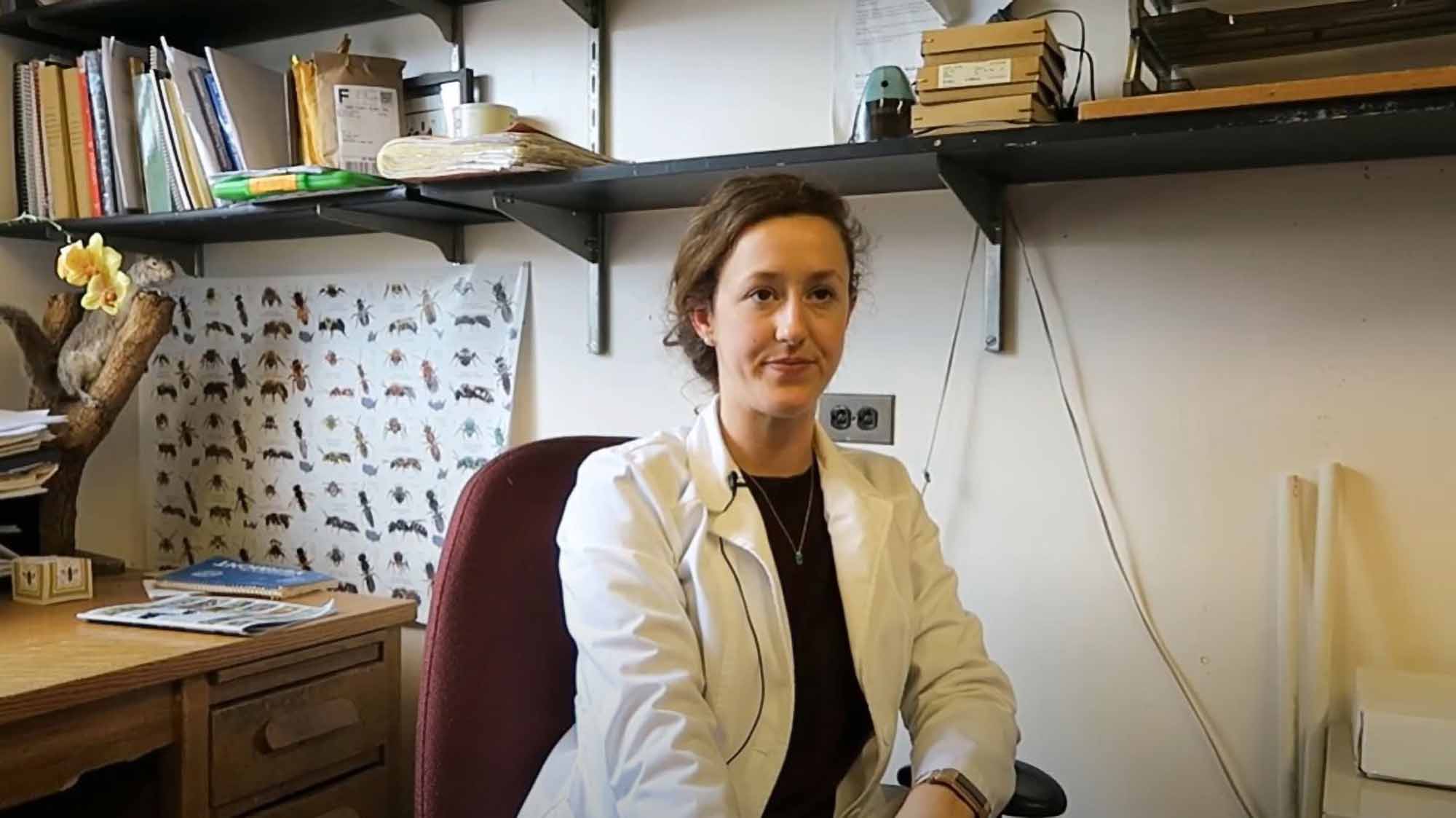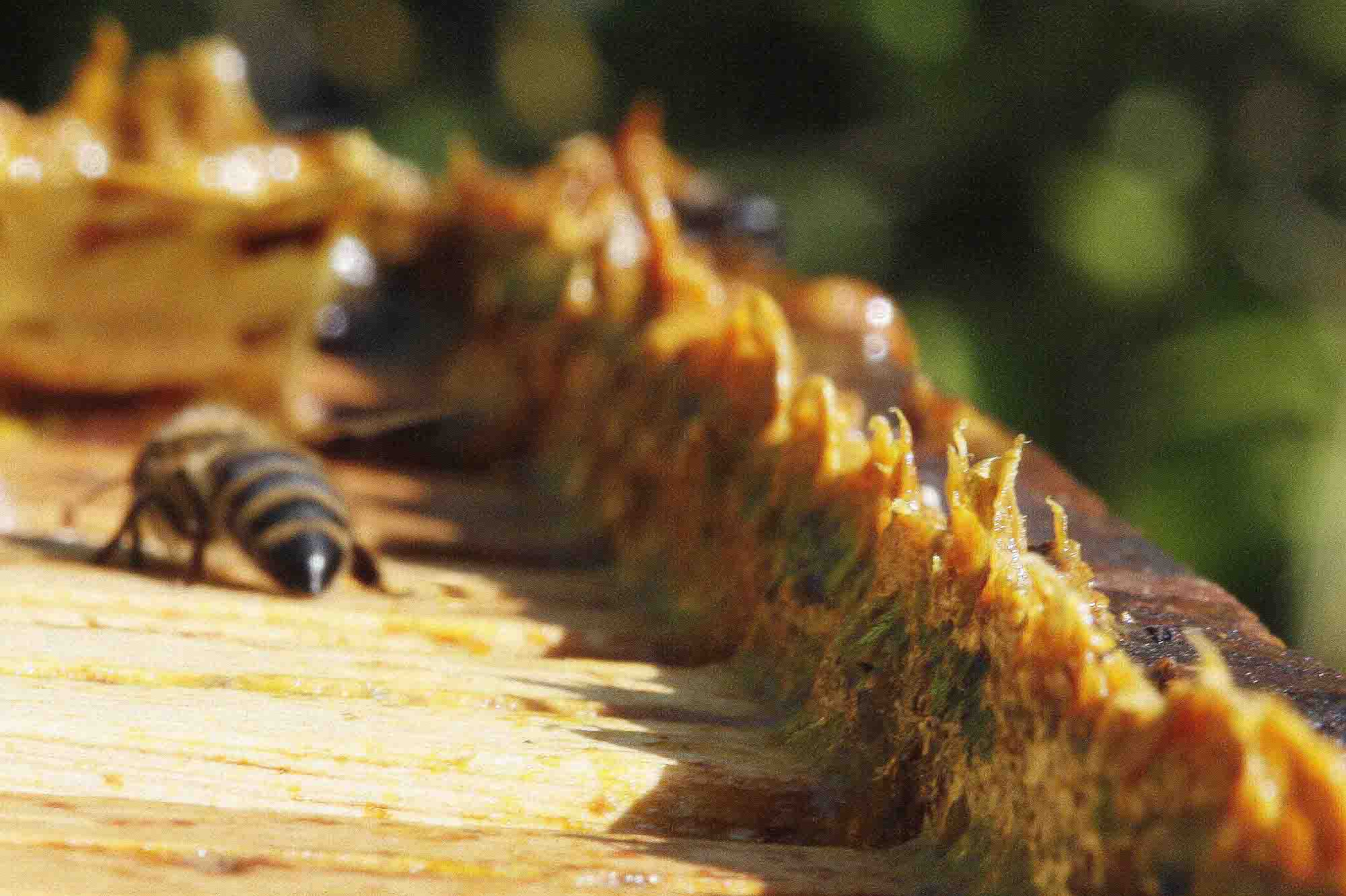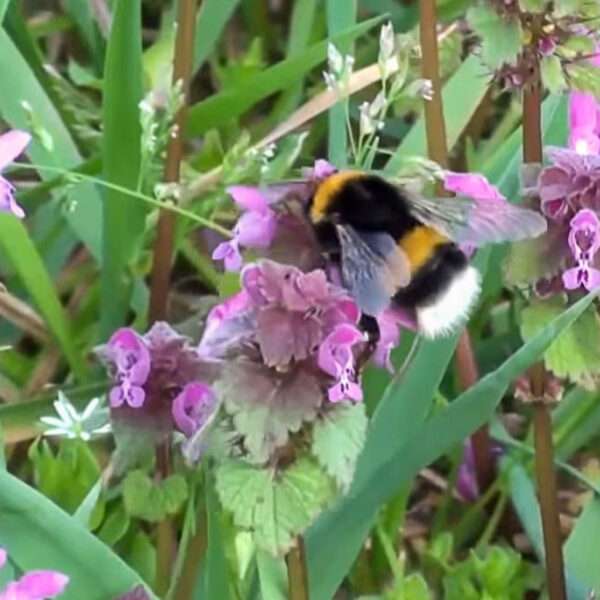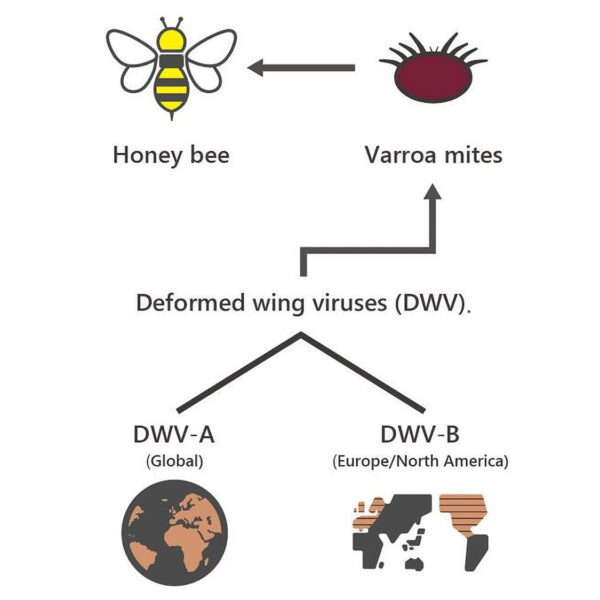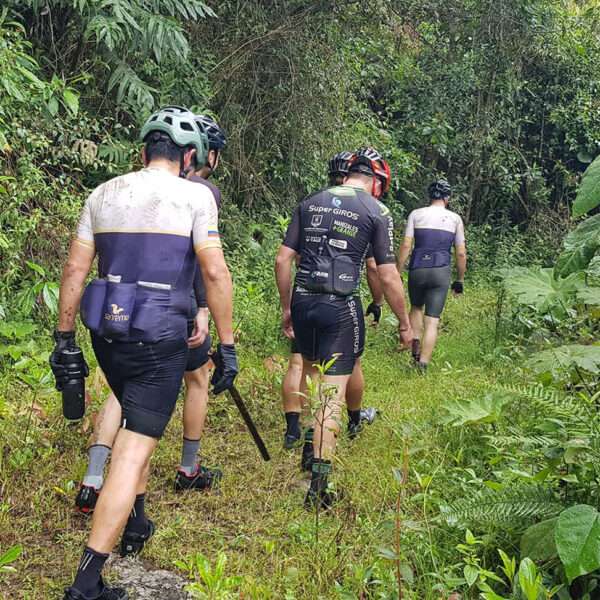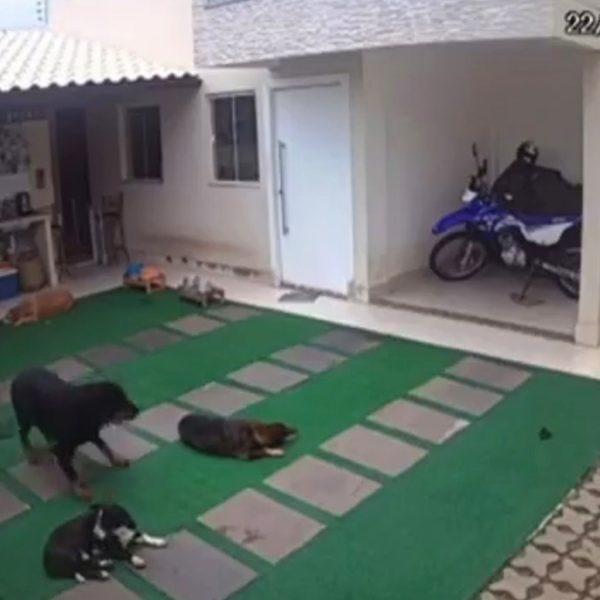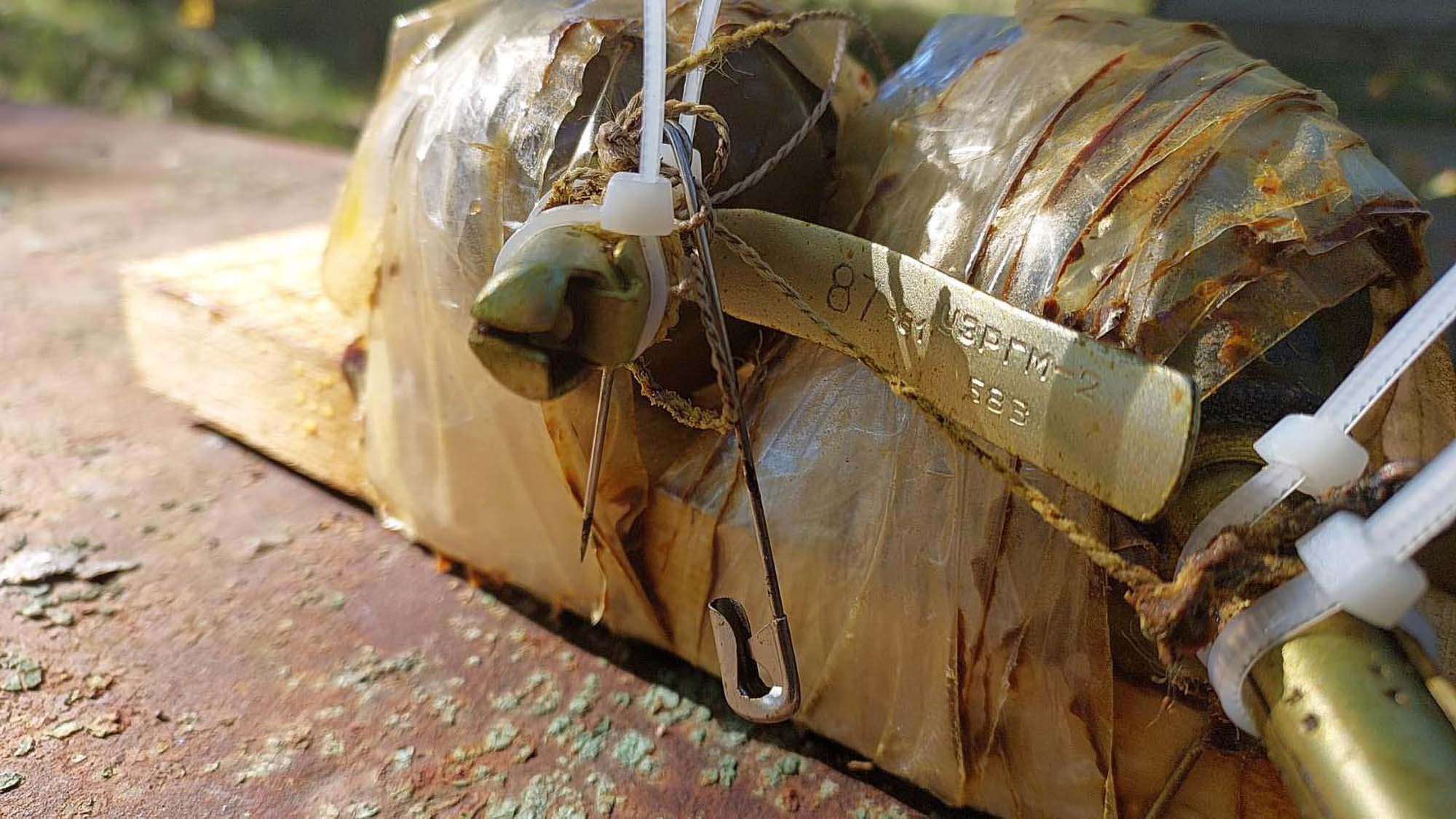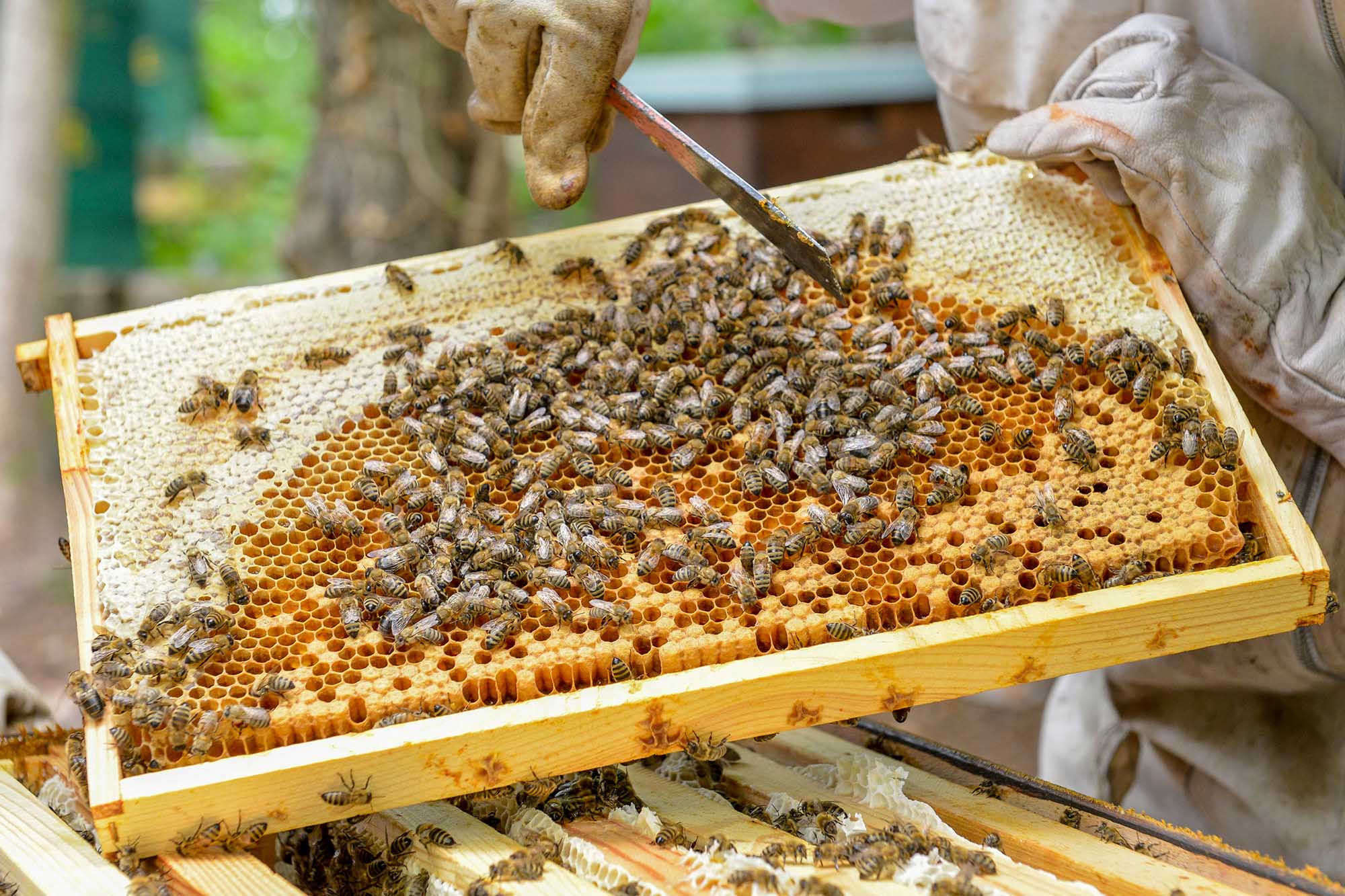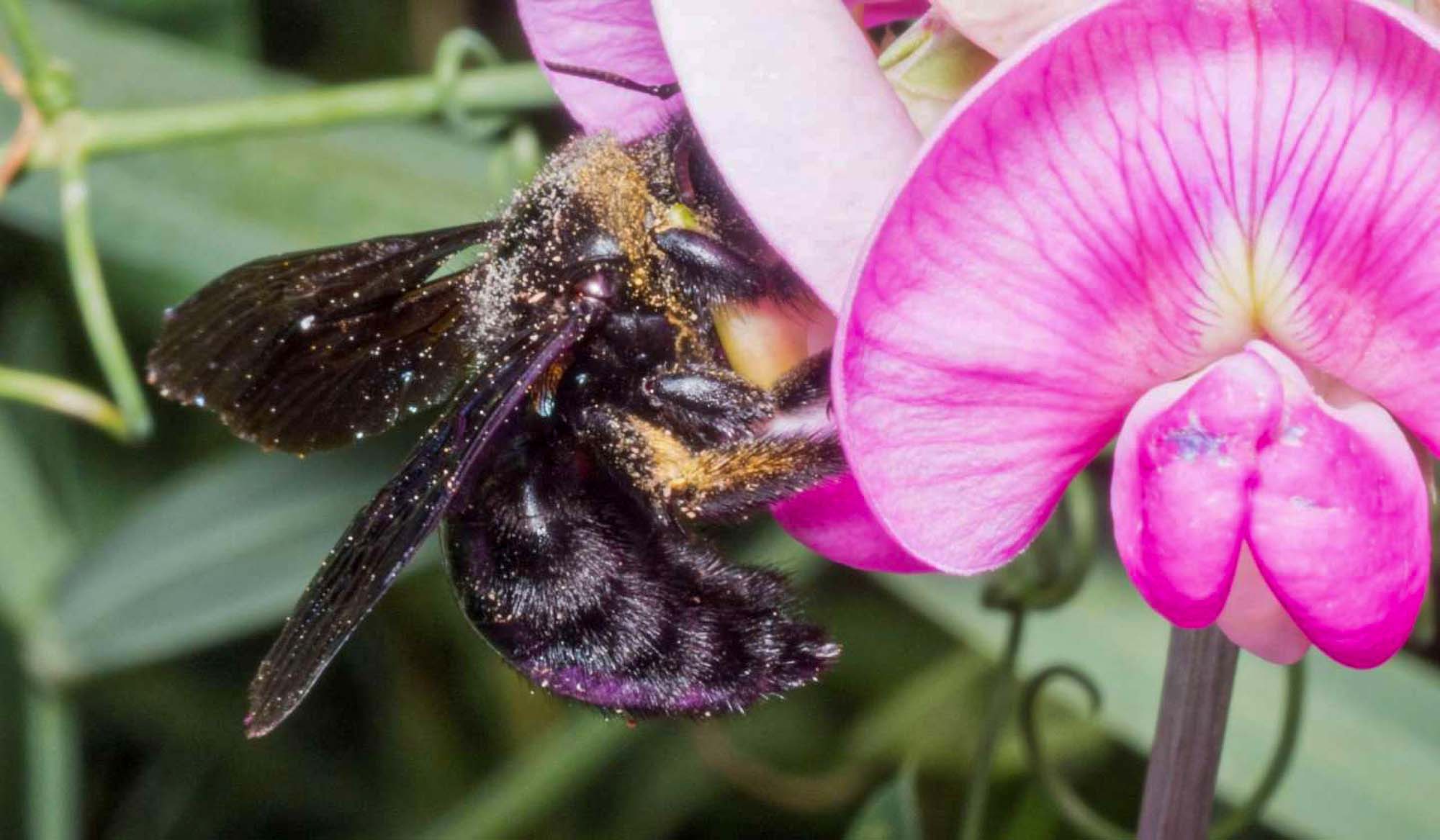A biologist has outlined how bee colonies have helped airports in the United States verify their environmental agenda.
Samantha Alger – who is a research assistant professor at Vermont University – has worked with several U.S. aviation hubs regarding plans to establish apiaries on their premises.
Despite frequent occasions of swarms delaying takeoffs, recent developments indicate that pollinators are increasingly considered an important factor rather than a threat.
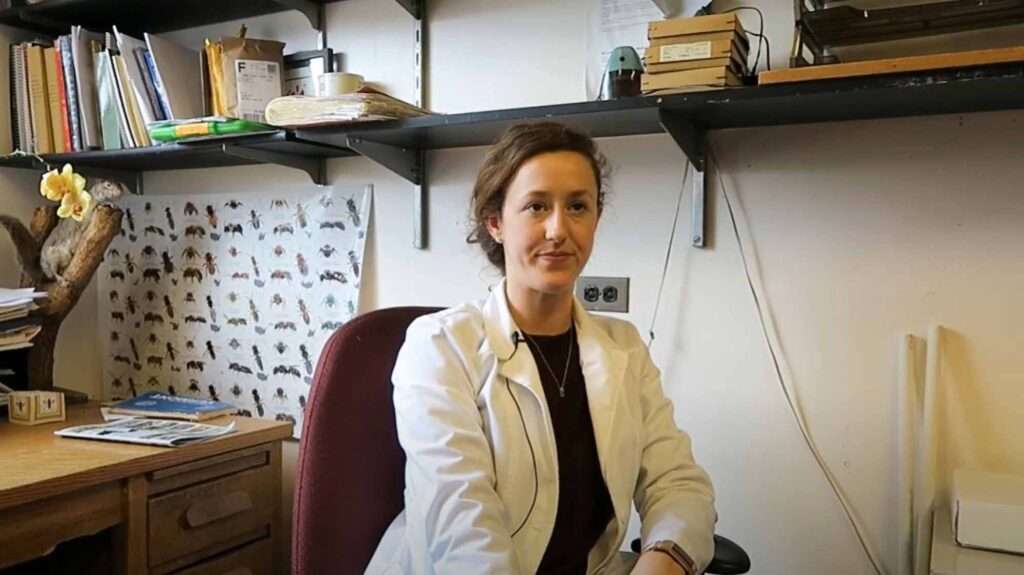
Speaking to the Airport Improvement magazine, the Vermont Bee Lab scientist encouraged airport managers to get in touch with beekeepers whenever a large group of insects appears on the runway.
Prof Alger explained: “Beekeepers are also very skilled at managing colonies in a way to help prevent them from swarming. It’s a win-win situation.”
More than a dozen airports in the United States with hives located on their estate have participated in a study conducted by the Airport Cooperative Research Program (ACRP).
The ACRP – which is funded by the Federal Aviation Administration (FAA) – works on finding solutions to challenges aviation institution operators are confronted with.
One of them is Orlando International Airport in Florida.
Introduced in 2012, the airport’s beekeeping programme currently consists of more than 200 hives. The project helps the airport to ensure reasonable usage of undeveloped land within its premises. Furthermore, the apiculture activity provides opportunities for education programmes aimed at local communities.
John Metcalf manages Orlando International Airport’s Wildlife Programme.
Reflecting on the beekeeping endeavour’s beginnings, John told the Airport Improvement magazine: “At that time, there was a resurgence in beekeeping and environmentally-friendly practices.
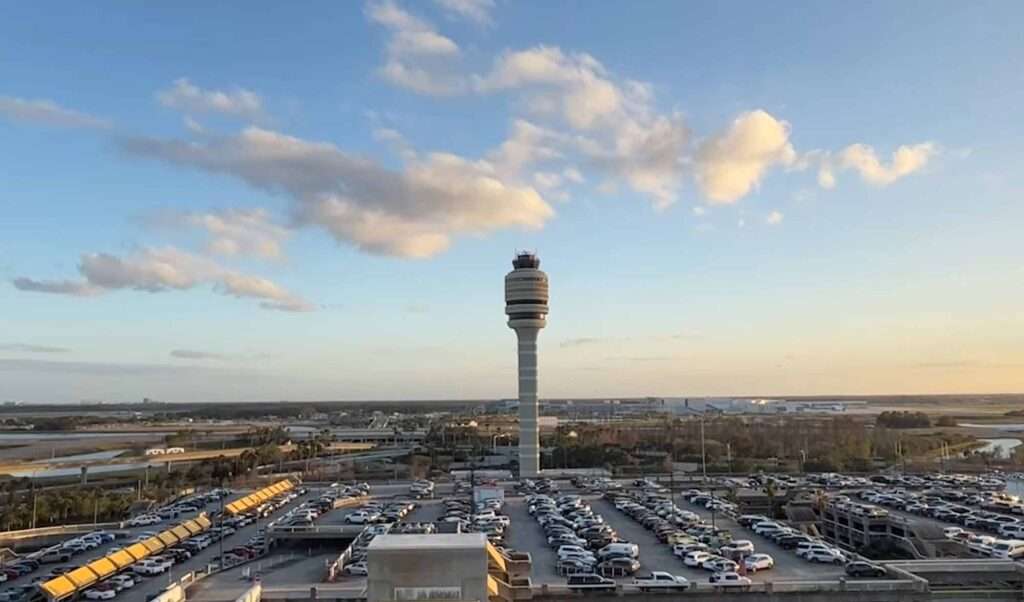
“We were interested in a bee programme, but we didn’t want to create any unforeseen wildlife issues either. The worst-case scenario would be for bees to swarm a plane that was trying to push back or causing an issue on nav equipment, let alone something like attracting wild hogs or coyotes.”
Prof Alger said she was certain that pollinator projects had the potential to upgrade the sustainability portfolios of airports.
She said: “I think the public is very aware of this whole ‘save the bees’ movement for the honeybee, which is the iconic species of that movement. Pollinator-friendly programmes, whether through beekeeping or through creating habitat, help bolster the perspective that an airport is taking a positive role in pollinator conservation.”

